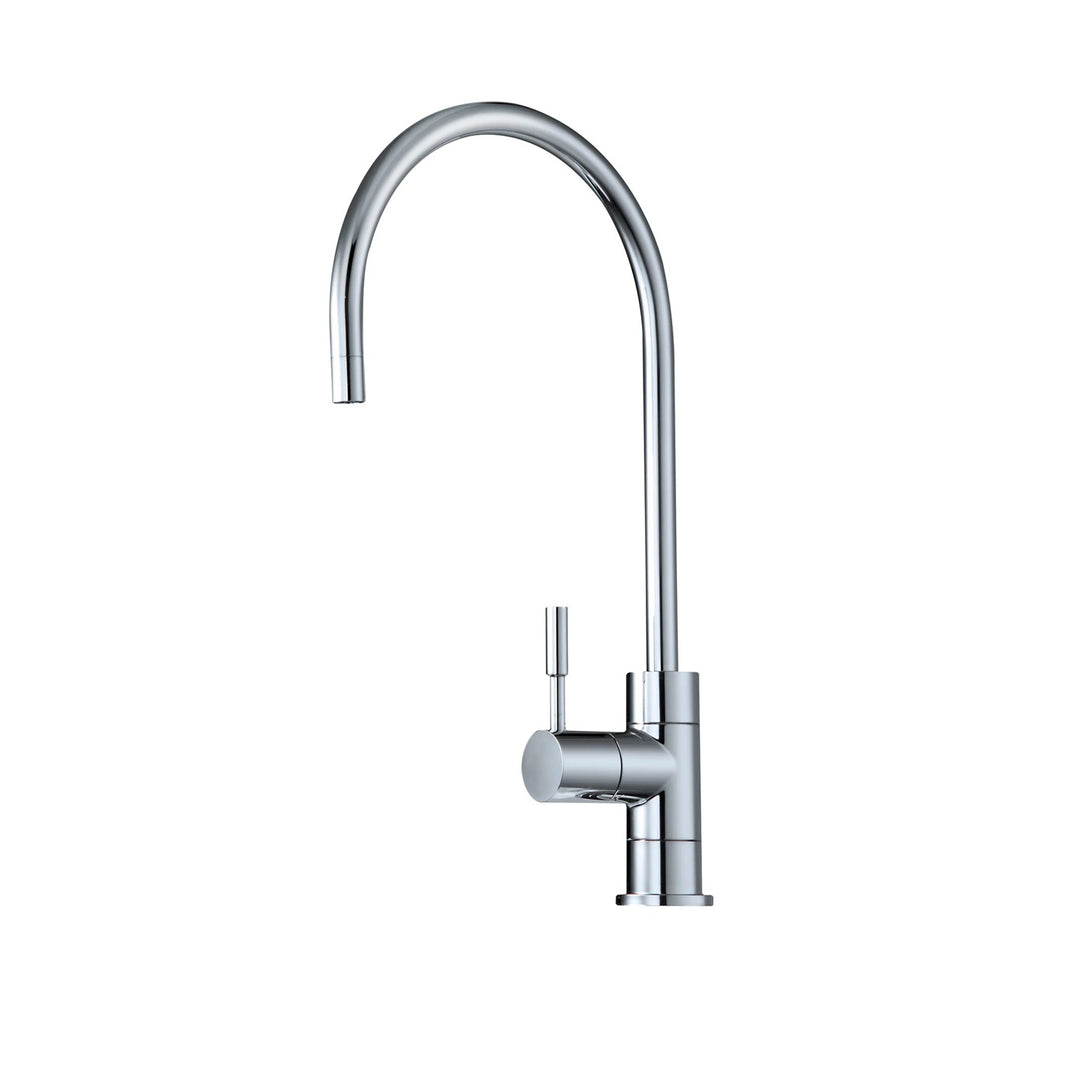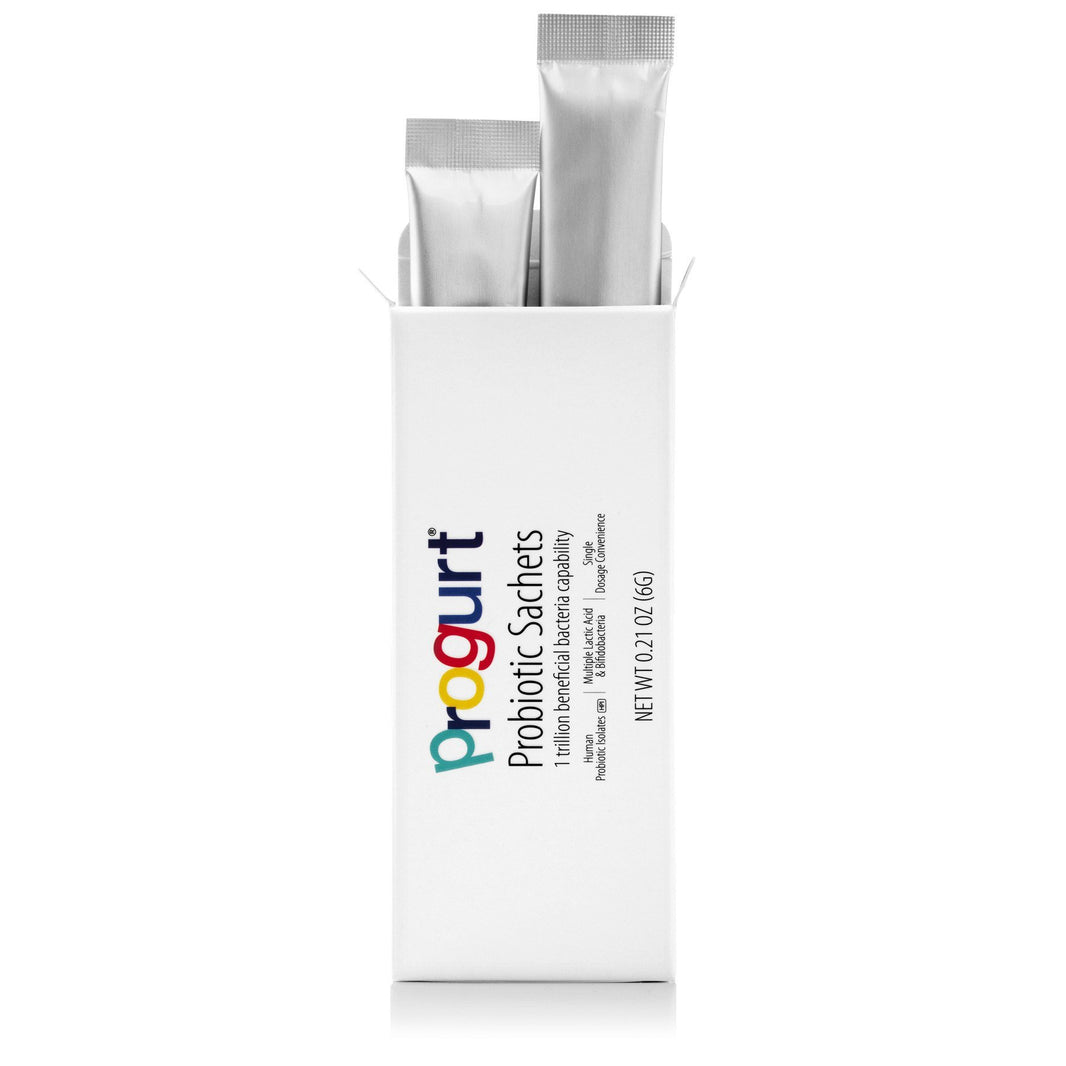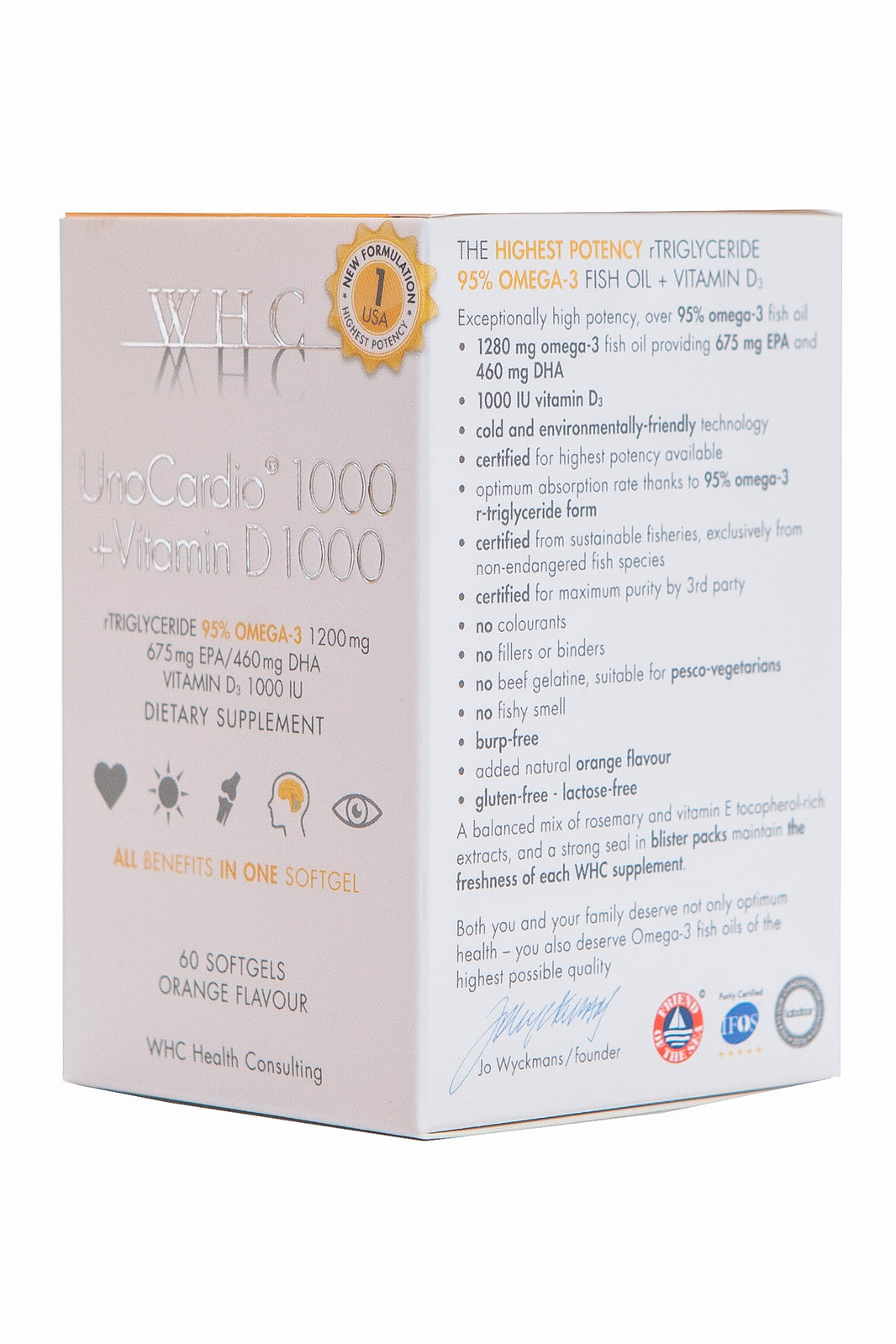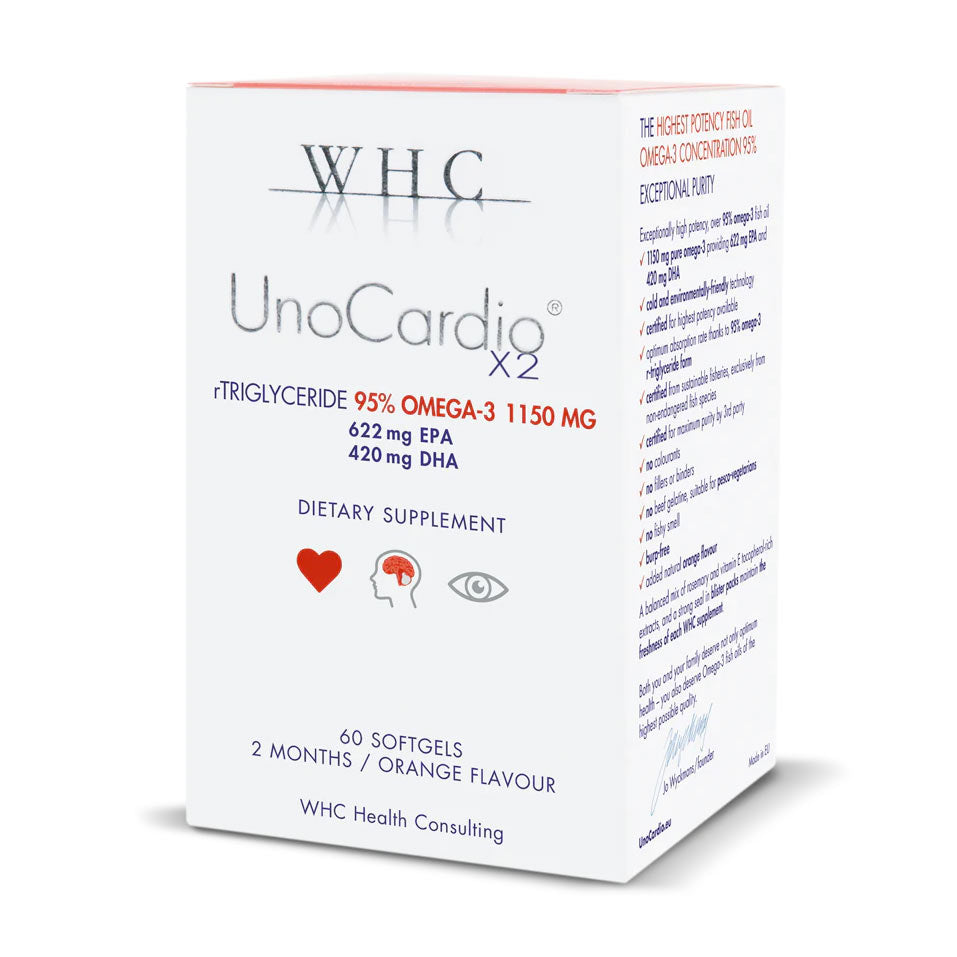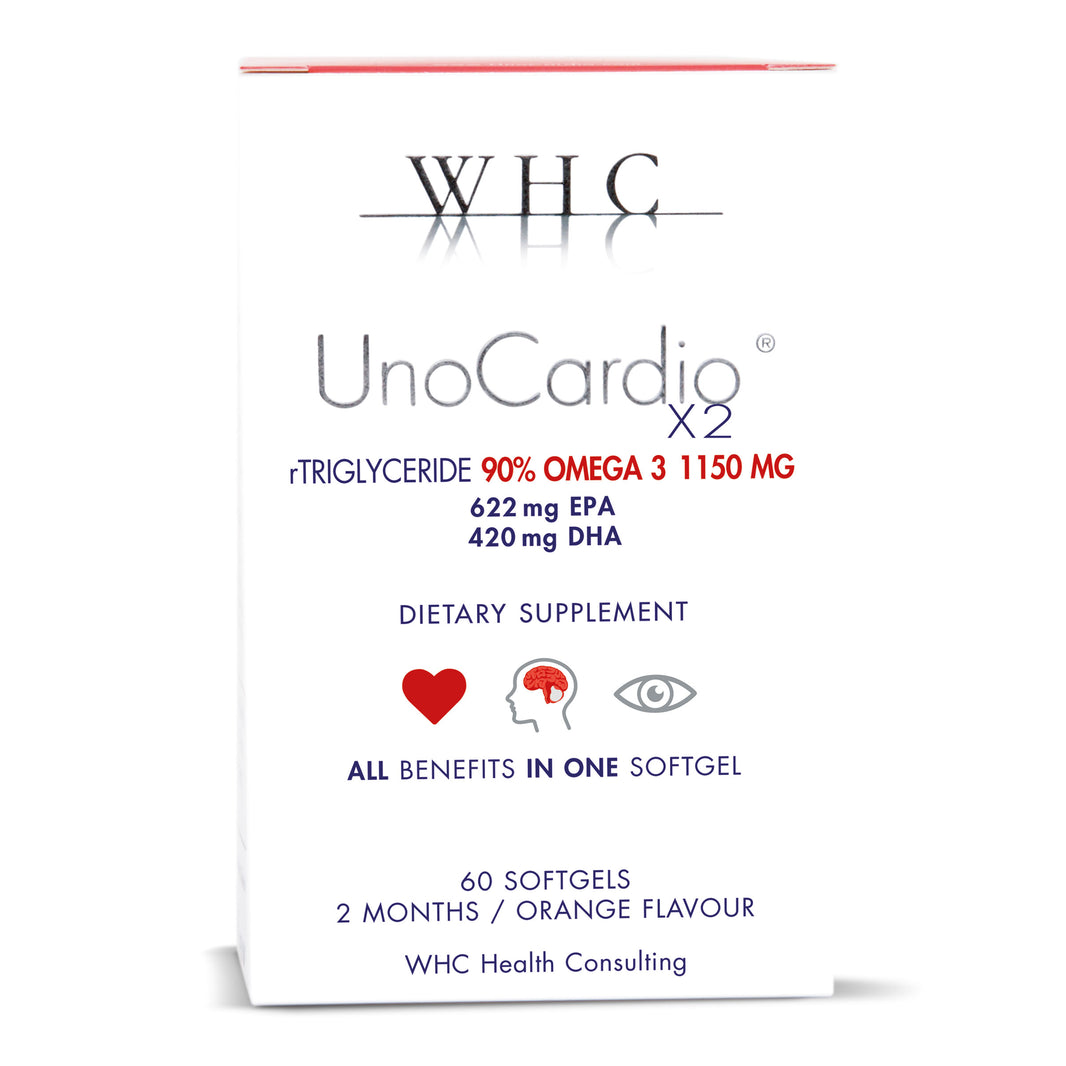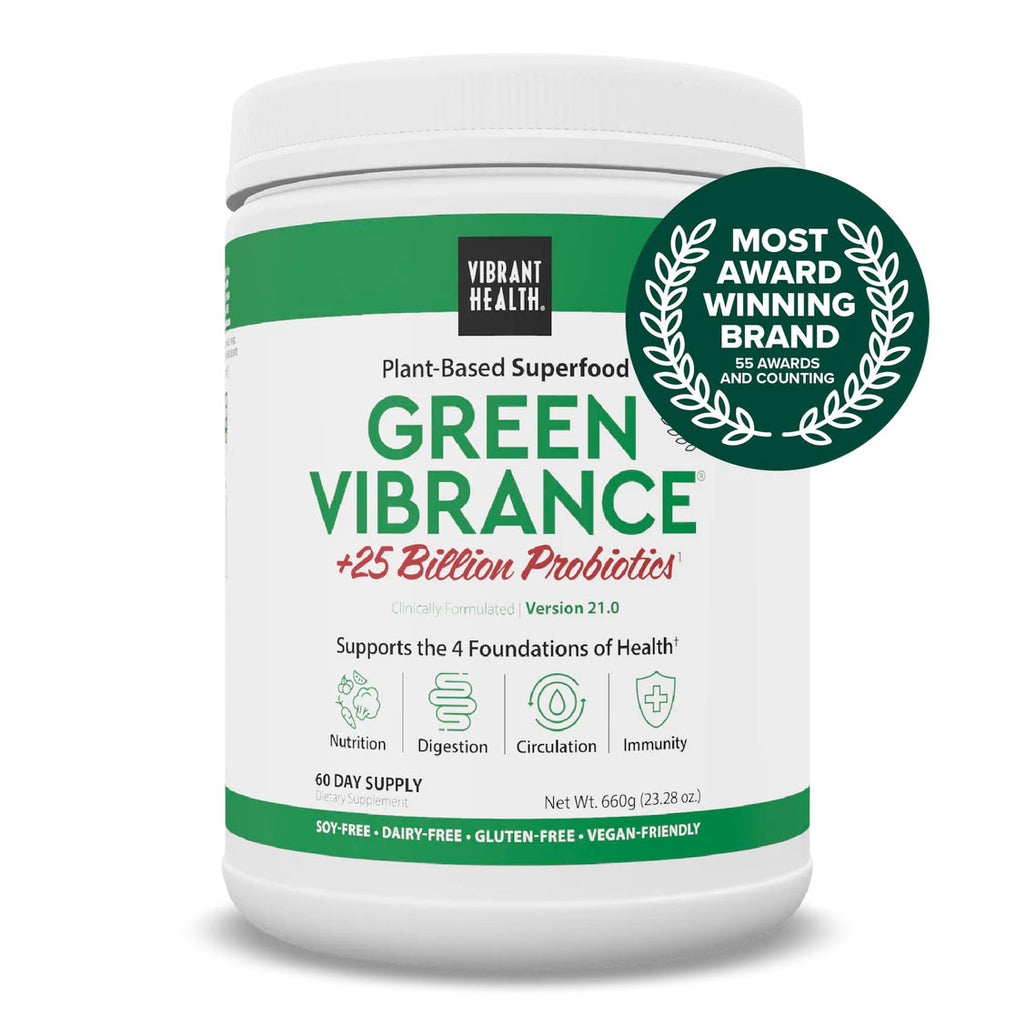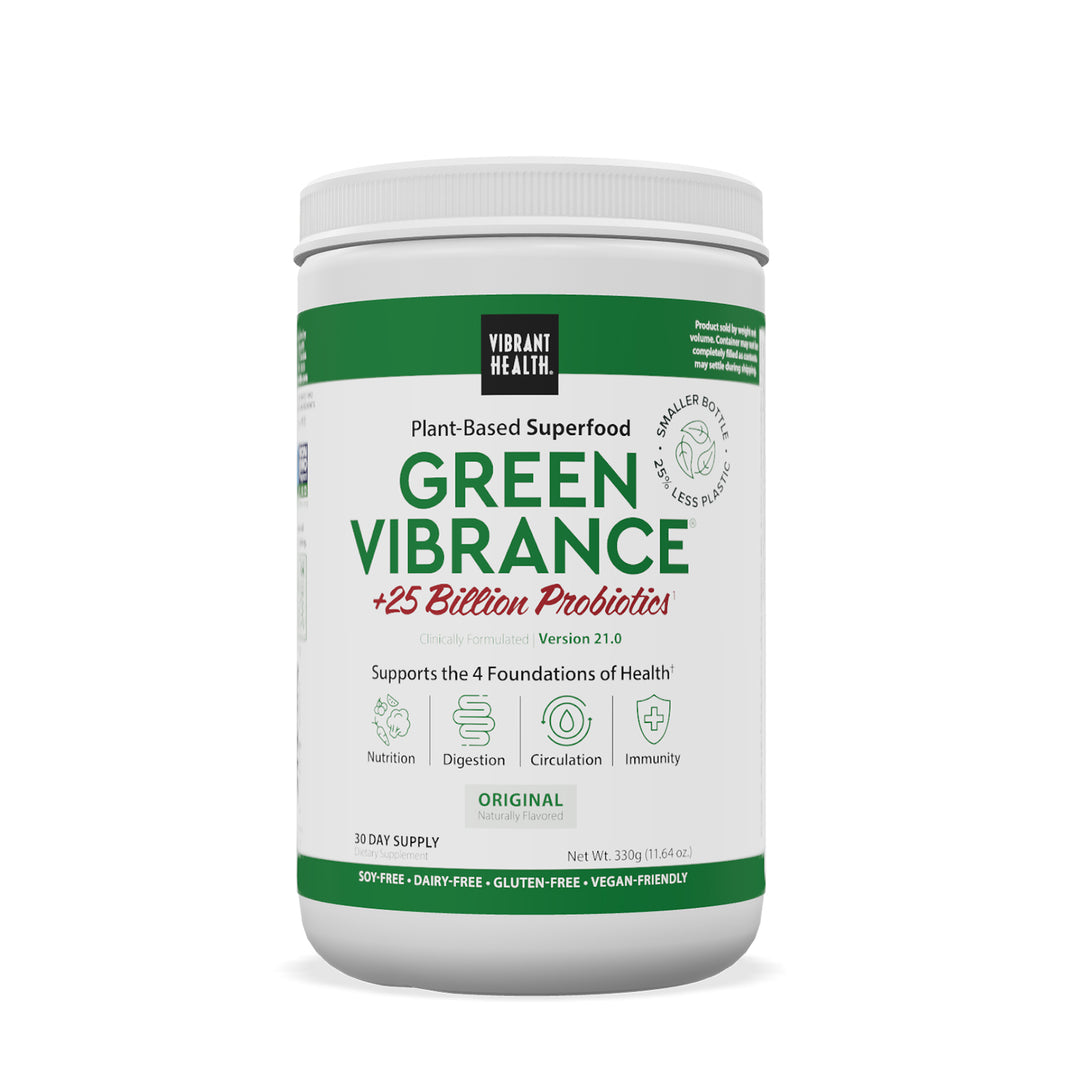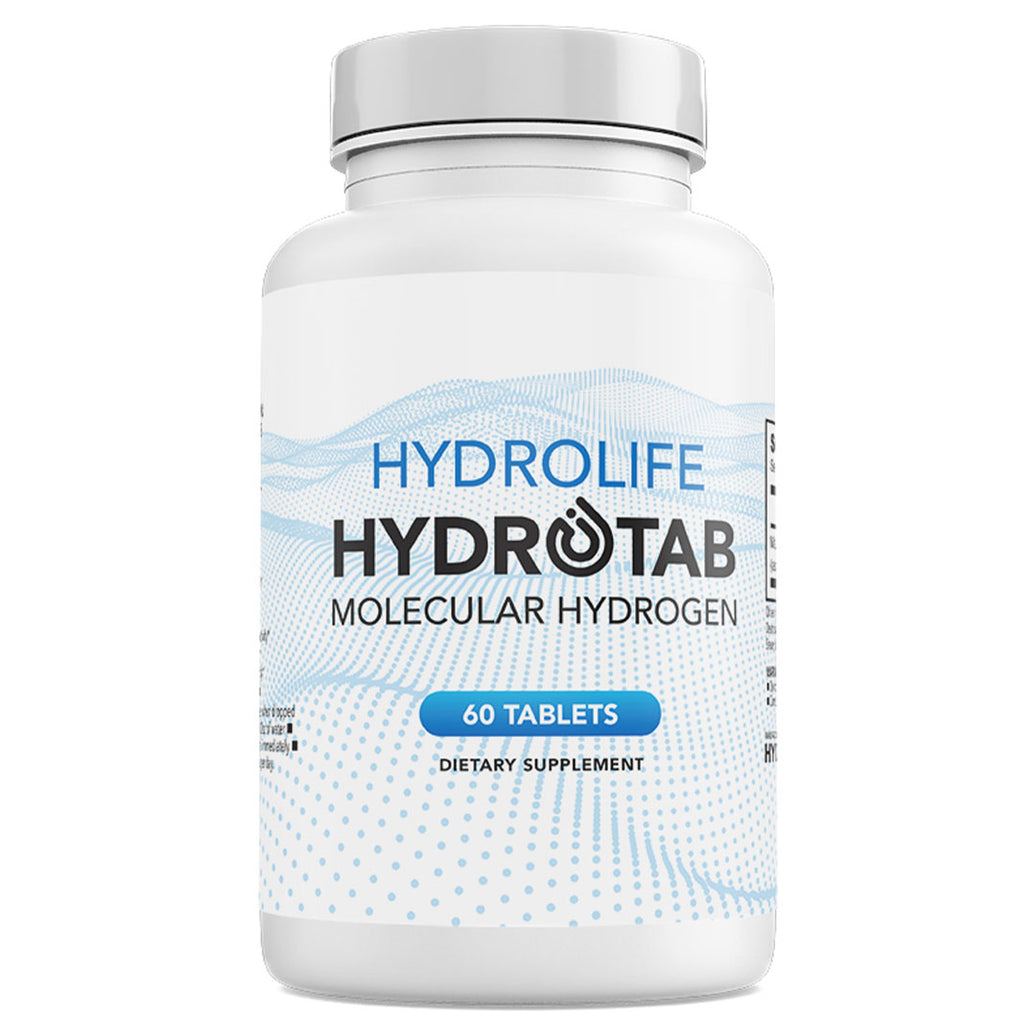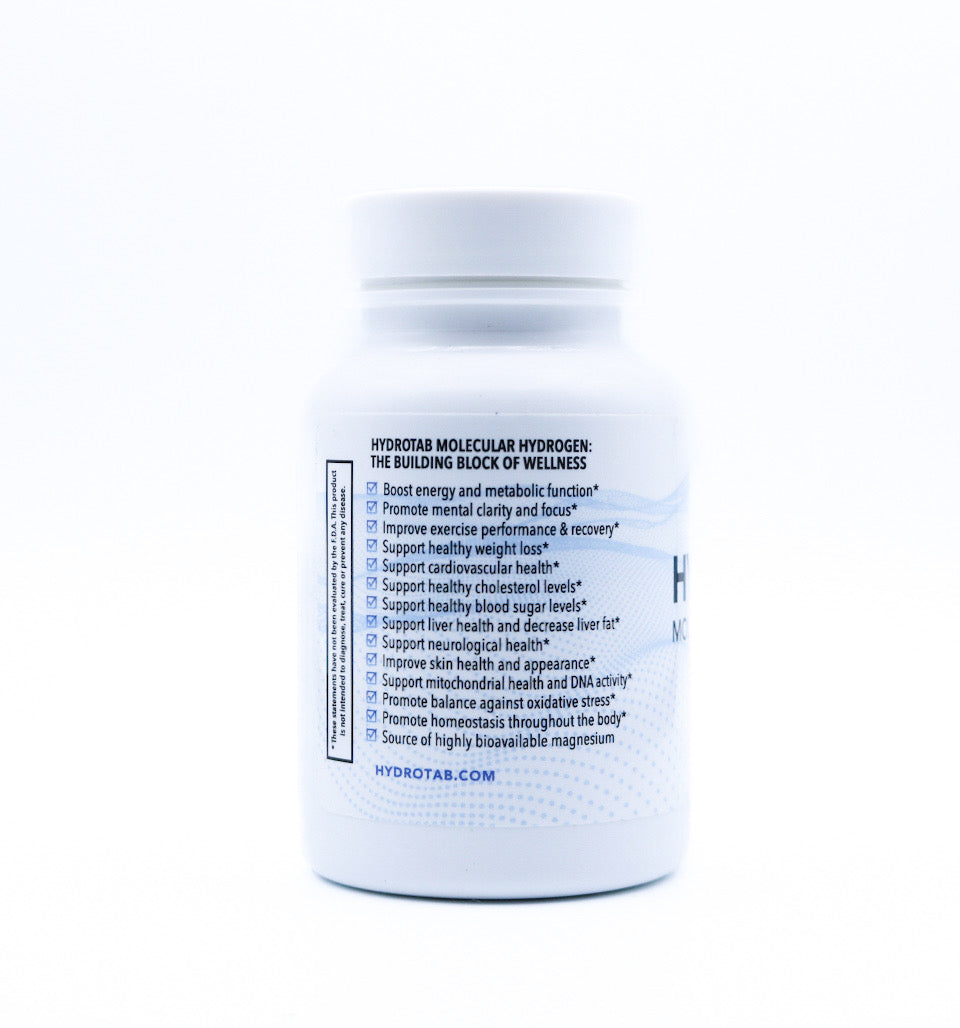What do you pack when going on holiday? Clothes, sure: attire appropriate for the climate of the country (or countries!) you’re visiting. Sunglasses, toiletries, headphones, perhaps a book or magazine. Some pack heavy, some pack light, but precious few of us venture to the airport with just the clothes on our back.
Just as we stow suncream in our suitcase to stop us burning in the heat, many people pack a modest supply of travel-friendly supplements. Air travel can put a strain on the system, and some of the best travel supplements specifically address the unwanted consequences of travelling at 30,000 feet – bloating, constipation, motion sickness to name a few. The oscillation of an aircraft can also play havoc with our sensory system.
In this article, we’re going to look at some dietary supplements you might consider taking immediately before, during and, in some cases, after you board. Because the last thing you need when going on holiday is to feel under the weather!
The Value of 'Strategic' Supplements
Supplements aside, there are many straightforward things you can do to stay healthy while travelling – like avoiding tap water, for instance, or washing your hands frequently. Getting plenty of rest after a long day’s exploring (or carousing) is also smart.
But there’s no doubt about it, strategic supplements can help protect you from more insidious harms, whether it be air pollution, digestive discomfort as a result of a dodgy meal, fatigue or general jet lag, or compromised immunity.
Below we have summarised our recommended travel supplements, with details on when you should take them. Trust us, you won’t regret adding these to your carry-on bag.
1. ASO® Activated Stabilised Oxygen Drops
ASO® Activated Stabilised Oxygen is a special supplement which gently increases blood oxygen levels. It is especially useful to take on planes, due to the marked difference in air pressure.
Most of us know that cabins have lower oxygen levels than we’re accustomed to, but we don’t tend to give a lot of thought to the effect all that compressed, filtered air is having on our body.
Reduced blood oxygen saturation, which can fall by as much as 10%, can leave us feeling depleted, even confused – not an ideal scenario when we’re heading on vacation.
What’s more, because we’re seat-belted to a chair for extended periods, our body can struggle to circulate and oxygenate the blood, which starts to pool in legs and feet.
ASO® Activated Stabilised Oxygen helps to solve these problems, supplying bioavailable oxygen molecules stabilised on a natural salt substrate in purified water.
Just be aware that ASO® Activated Stabilised Oxygen is over 100ml, so you’ll need to decant into a travel-sized bottle before you fly.
2. Probiotics
Your general health is inherently linked to your gut. In other words, the balance of bacteria in your stomach has a large part to play in maintaining your wellbeing. Believe it or not, 70% of your immune system resides in the gut.
A compromised gut, or dysbiosis, can stem from many things: poor food choices, environmental pollution, stress, alcohol intake, nutritional deficiencies, genes, poor dental hygiene and pharmaceutical drugs (especially antibiotics).
An upset tummy is probably the most common travel-related complaint, so taking a good-quality probiotic when on the road makes a lot of sense.
Progurt’s travel-safe probiotics fit the bill. Not only are they very potent, with one trillion beneficial isolates per serving, but you can keep a sachet or two in your purse or pocket for whenever you might need it.
Of course, it’s sensible to take a course of probiotics every once in a while, so you might elect to take a few sachets in the week leading up to your holiday. That way, you’ll prime your gut for any eventualities which may pose challenges when abroad.
3. Meal replacement bars/sachets
It’s become a running joke how plastic and lacking in nutrition on-board food can be. To be fair to airlines, they have improved in recent years and now make better options available – this is particularly true of the bigger carriers. But there’s definitely still room for improvement.
Meal replacement sachets or bars can be very useful to take away with you, whether for eating on buses, trains, planes or indeed as a snack at any time of the day.
After all, unless you’re incredibly dedicated, you’re unlikely to eat highly nutritious food during your break. Most of us go overboard on the sugar and carbs, favouring rich treats over green veggies.
Packing a few meal replacement sachets or bars is wise, as it’ll help you get all the nutrients you need. Of course, they won’t undo the dietary excesses – but going on holiday is about cutting loose, too. Don’t beat yourself up too much.
4. Digestive enzymes
Why is it that your digestive system is the thing that becomes swamped when you go on holiday? Well, it probably has something to do with the richness of the food you’re eating, and the usage of unfamiliar local ingredients.
If you have food intolerances, you may also struggle to find gluten or dairy-free, or you might let you guard down from time to time.
Packing some digestive enzymes is a no-brainer, and definitely the best way of avoiding post-prandial discomfort. Sightseeing with a bloated, painful belly is no-one’s idea of fun.
Take your enzymes before a major meal, and your system will be better equipped to break down all those carbs, fats and proteins.
5. Multivitamin
The best food supplements cannot guarantee 100% of your RDA for all the nutrients your body needs. But some are better than others, and taking a good-quality multivitamin every day (or every other day) is a wise move if you want to maintain adequate nutrient levels.
While this is by no means a necessity – and you can (and probably should) achieve your RDA by eating clean, wholesome food – packing a multivitamin is a good way of having your cake and eating it, too.
6. Fish oil
Fish oils are great for your brain and heart, but why should you go out of your way to take them on holiday, you might wonder. Well, there are a couple of reasons.
Number one, omega-3 oils are beneficial for joints, which can come under strain during those endless holiday walks or especially after you’ve been being crammed into a seat on a long plane or bus ride. Number two, they can help you maintain healthy skin which may become damaged from the sun.
More importantly, perhaps, fish oil can offset the damage caused by air pollution, delivering a 30-50% reduction in harm. This will be of interest if you’re visiting a particularly busy, polluted city.
UnoCardio 1000 is classed in the top 3 best-quality fish oil by independent aggregator Labdoor. Made from sustainably-sourced fish harvested from clean waters, it combines high levels of EPA (675mg) and DHA (460g) with vitamin D3 (1,000 IU).
Conclusion
Hopefully these suggestions help you stay healthy as you jet off to your dream destination, or load the car or caravan for a week on the road.
Remember, it’s not necessary to take all of the aforementioned supplements – especially if you’re eating good-quality food on holiday, getting plenty of rest, going easy on the alcohol etc. But they can definitely help, particularly #2, #3 and #4. And we would always recommend Activated Stabilised Oxygen (ASO®) to anyone taking a long-haul flight.
What supplements do you swear by? Is it best to take them before, during or after your trip? We’ve love to hear your thoughts, so don’t hesitate to get in touch with us.
Water for Health Ltd began trading in 2007 with the goal of positively affecting the lives of many. We still retain that mission because we believe that proper hydration and nutrition can make a massive difference to people’s health and quality of life. Click here to find out more.
Post updated 31st July 2024



